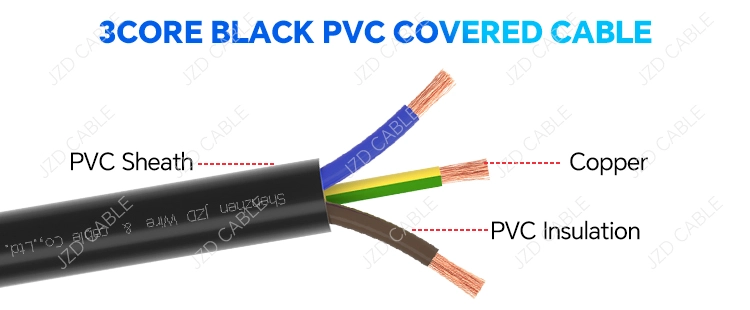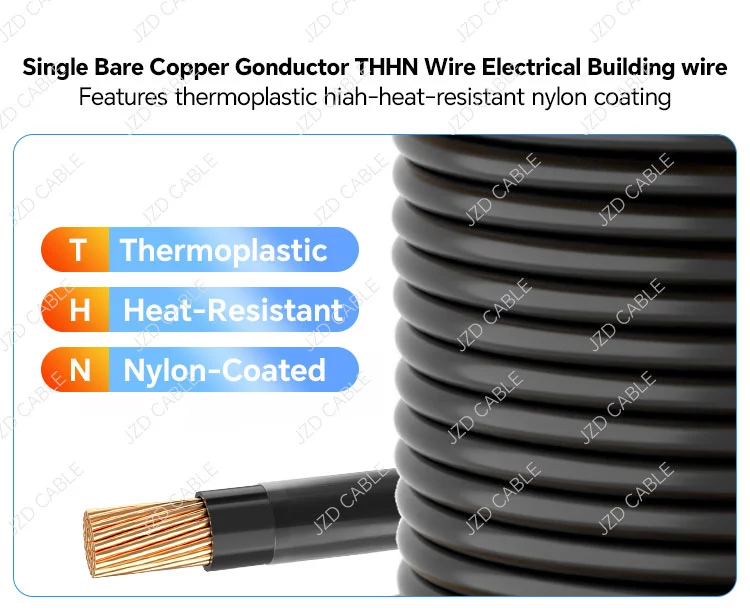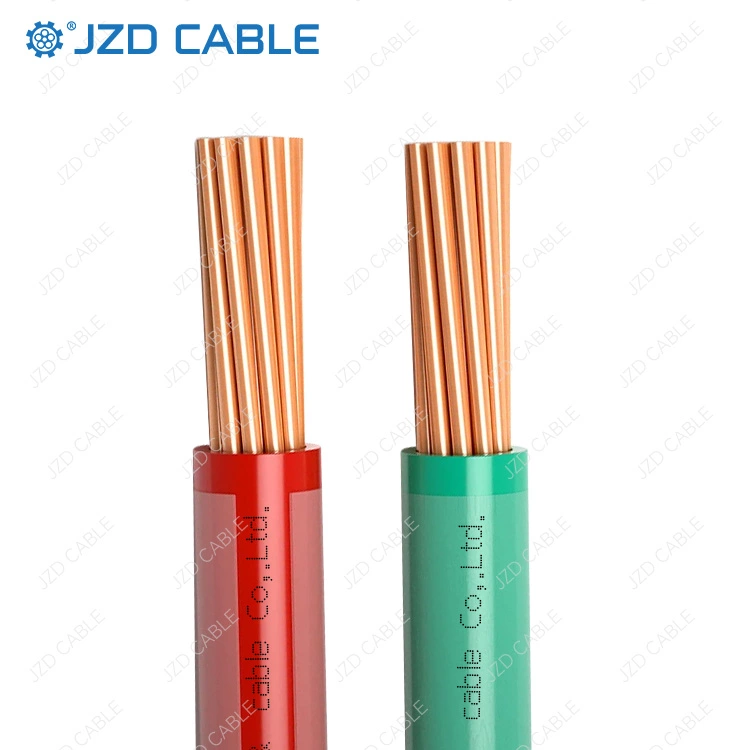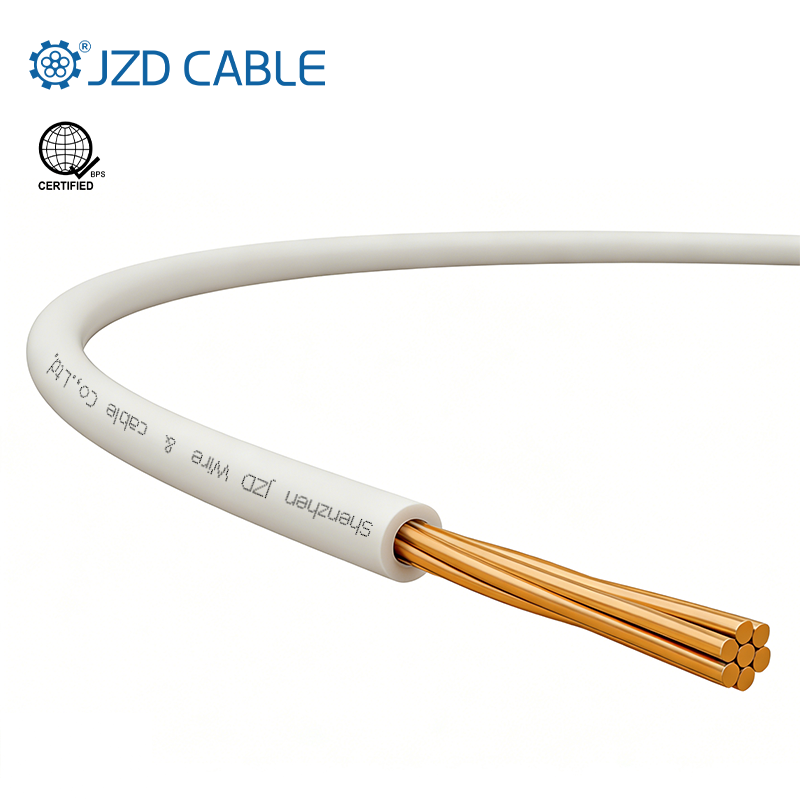When it comes to electrical wiring, understanding the differences between various types of cables is crucial for both safety and performance. Two commonly used types are RVV sheathed cables and THHN wires. While they may appear similar at first glance, these cables serve different purposes and offer distinct advantages. In this article, we’ll explore the key differences, features, and benefits of RVV and THHN cables to help you make an informed decision for your electrical projects.
What Is RVV Sheathed Cable?
RVV sheathed cable, also known as PVC sheathed cable, is designed for general-purpose wiring applications. It features a thick PVC outer sheath that provides excellent protection against moisture, abrasion, and environmental factors. RVV cables are commonly used in applications such as fixed wiring for machines, appliances, and underground installations, including locating buried gas pipelines and other utility lines. The robust construction of RVV cables ensures a longer service life and enhanced safety, making them a reliable alternative to traditional wiring options like THHN.
One of the standout features of RVV cables is their ability to perform well in damp or wet conditions. With a temperature rating of up to 75°C in moist environments, these cables are ideal for outdoor and underground use. Additionally, the thick PVC sheath offers resistance to corrosion, oil, and natural gas exposure, further expanding their range of applications.

What Is THHN Wire?
THHN stands for Thermoplastic High Heat-Resistant Nylon-coated wire. It is a popular choice for building wiring, machinery, and electrical equipment. THHN wires consist of a copper or aluminum conductor, which can be either stranded or solid, coated with a layer of PVC insulation and an outer nylon jacket. This nylon coating provides flexibility, making THHN wires easy to install in conduits and tight spaces.
THHN wires are rated for use in dry environments at temperatures up to 90°C and can handle voltages up to 600V, suitable for most residential and industrial electrical needs. However, unless specifically rated as THWN (water-resistant), THHN wires are not recommended for wet or damp locations. Their primary application is in-building electrical systems, where they efficiently distribute power.

Key Differences Between RVV and THHN Cables
While both RVV and THHN cables are used for electrical wiring, they differ significantly in construction and application. The most noticeable difference is the outer sheath: RVV cables have a thick PVC sheath, while THHN wires feature a thinner nylon coating. This makes RVV cables more durable, resistant to mechanical damage, and better suited for harsh environments.
Another important distinction is their performance in wet conditions. RVV cables, with their polyethylene coating, are designed to withstand moisture and are often used for underground and outdoor applications. In contrast, THHN wires are primarily for dry environments unless they have a THWN rating.
Cost is also a factor. THHN wires are generally more affordable than RVV cables, which contributes to their popularity in large-scale building projects. However, choosing THHN for applications where RVV is more suitable can lead to higher long-term costs due to frequent replacements and maintenance.
Advantages of RVV Cables
- Superior durability and longer lifespan
- Excellent resistance to moisture, oil, and chemicals
- Ideal for outdoor, underground, and harsh environments
- Enhanced safety and reliability
Advantages of THHN Wires
- Cost-effective for large-scale projects
- Flexible and easy to install
- Suitable for dry environments with high heat resistance
- Widely available and commonly used in construction
Conclusion
Choosing between RVV sheathed cables and THHN wires depends largely on your specific application and environmental conditions. RVV cables offer unmatched durability and protection for challenging environments, while THHN wires provide a cost-effective solution for standard building wiring. At JZD Cable, we recommend evaluating your project’s requirements carefully to ensure you select the right cable for optimal performance and safety.
For more information about our high-quality RVV and THHN cables, visit our website or contact us directly. Trust JZD Cable for all your wiring needs.







